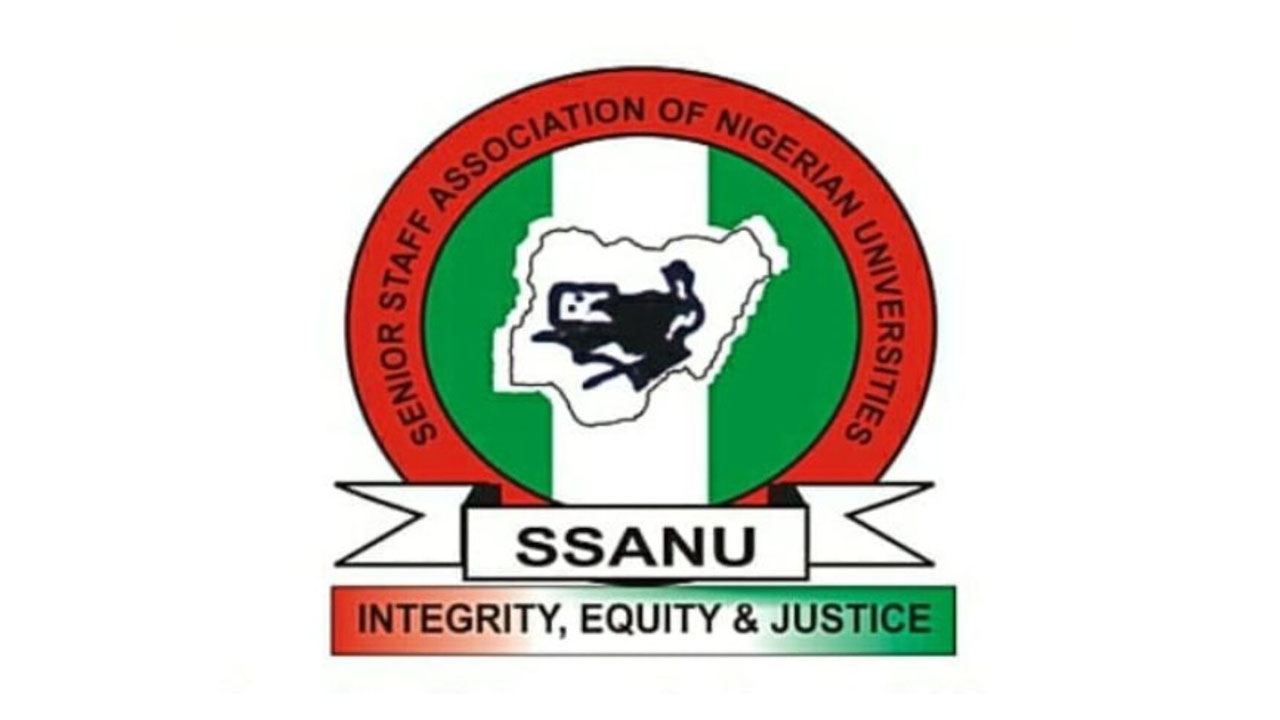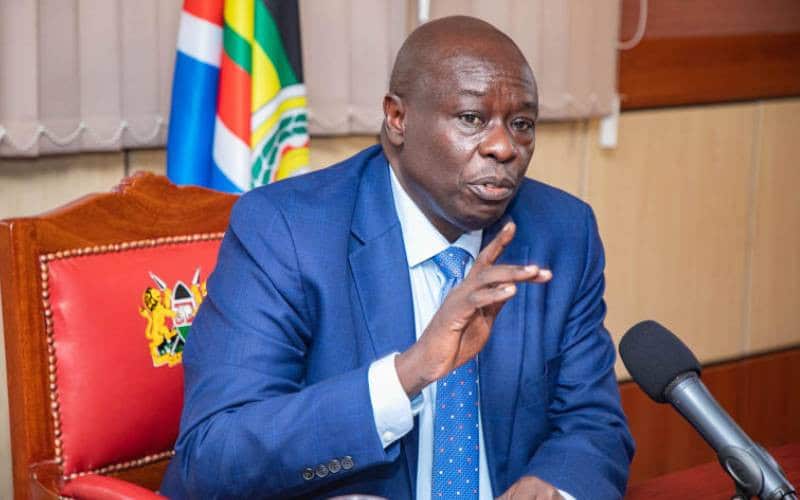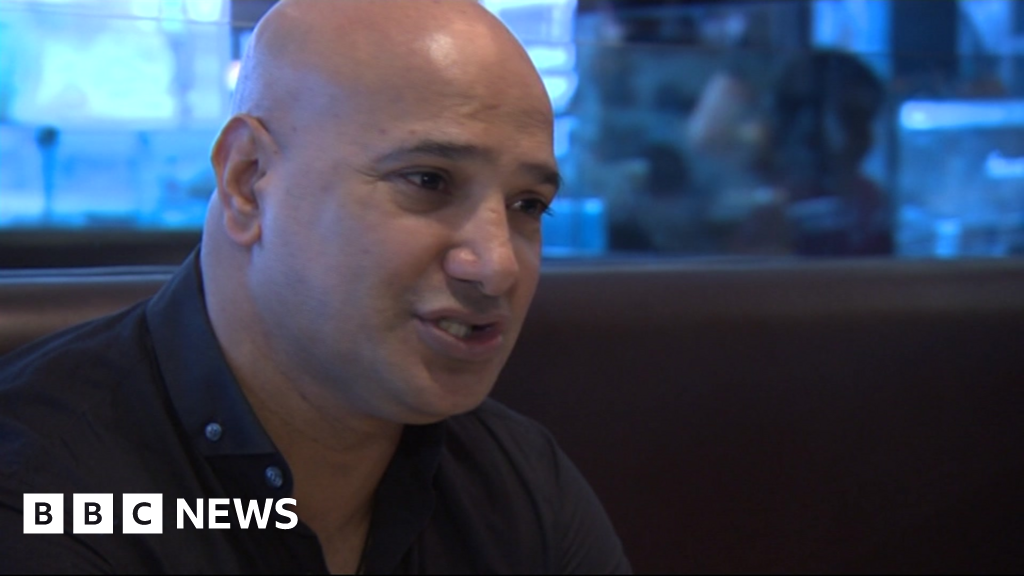The Food and Agriculture Organisation of the United Nations (FAO) has estimated a loss of 855,629 metric tonnes of food to the 2024 floods.
This figure according to the FAO represents an amount equivalent to feed 8.5 million Nigerians for the period of six-months.
FAO assistant country representative, Salisu Mohammed at an event to mark the 2024 World Food Day in Abuja yesterday, outlined climate-related crises, inflation, insecurity and economic situation as the key factors that have taken a toll on agricultural productivity and farmers’ livelihoods.
The theme of this year, “The Right to Foods for a better life and future” with a call for governments and private individuals to recognise the hardship and empathise with vulnerable populations who face unique challenges in accessing adequate and nutritious food.
While the FAO acknowledged the federal government drive towards food security, the organisation warned that these food adversities could persist unless the country worked with stakeholders to address the challenges.
The organisation called for a holistic approach including government, private sector, civil society, and local communities to provide an enabling environment for production and equitable access to safe and nutritious diets for all through its agrifood systems policies and programmes.
Meanwhile, the federal government has hinted at a plan to step-up wheat production to 750, 000 metric tonnes in the upcoming 2024 dry-season farming.
The target surpassed the 500,000 metric tonnes of wheat earmarked for the 2023-2024 dry-season farming.
Minister of state for agriculture and food security, Sabi Abdullahi who addressed journalists on the occasion of the 2024 World Food Day in Abuja yesterday said that the idea was to increase wheat production to reduce import dependence and enhance food security.
The minister who acknowledged the current challenges facing food production, reiterated the federal government commitment to addressing food accessibility, availability and sustainability.
Abdullahi urged Nigerians to take an active role in tackling food insecurity and emphasised the importance of continued international cooperation to address Nigeria’s food challenges.
He said, “I want to call on governments at all levels, international organisations, private sector, civil society organisations and the general public to work together to bring the food crisis and hunger to the top of the global agenda and invest in short, medium and long-term solutions that will provide everyone with enough food to eat.
I urge all and sundry to get involved by educating ourselves about global food challenges and food insecurity. Let us advocate for policies and initiatives that address hunger, food waste, and sustainable farming practices at the local, national, and international levels. Let us be mindful of those facing hunger and malnutrition and take urgent steps to reduce food loss”.

 2 hours ago
24
2 hours ago
24















 English (US) ·
English (US) ·